ABOUT US
Lund University
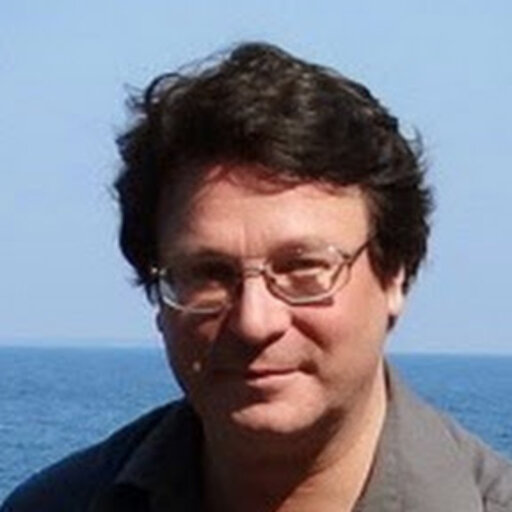
Valera Veryazov
Associate Professor in the Division of Computational Chemistry at Lund University in Sweden
He earned his PhD in 1995 from Saint Petersburg University in Russia and has been a part of Lund University since 1999. His research focuses on the development and maintenance of the Molcas software, a widely used tool for studying the electronic structure of molecules and solids. He is interested in a wide range of chemical systems, from two-atomic molecules to crystals with several hundreds atoms in the unit cell.
In addition to his research, Professor Veryazov is passionate about teaching. He has taught courses in quantum mechanics, applied mathematics, and efficient programming. He has also played a key role as a teacher and co-organizer of several conferences and workshops.
Students under his supervision have engaged in diverse projects, ranging from large-scale code parallelization and the development of crystal structure databases to creating visualization tools for molecular orbitals.
Professor Veryazov is the author of over 80 scientific publications, which have collectively received more than 13,000 citations, reflecting the impact and importance of his work in the field.
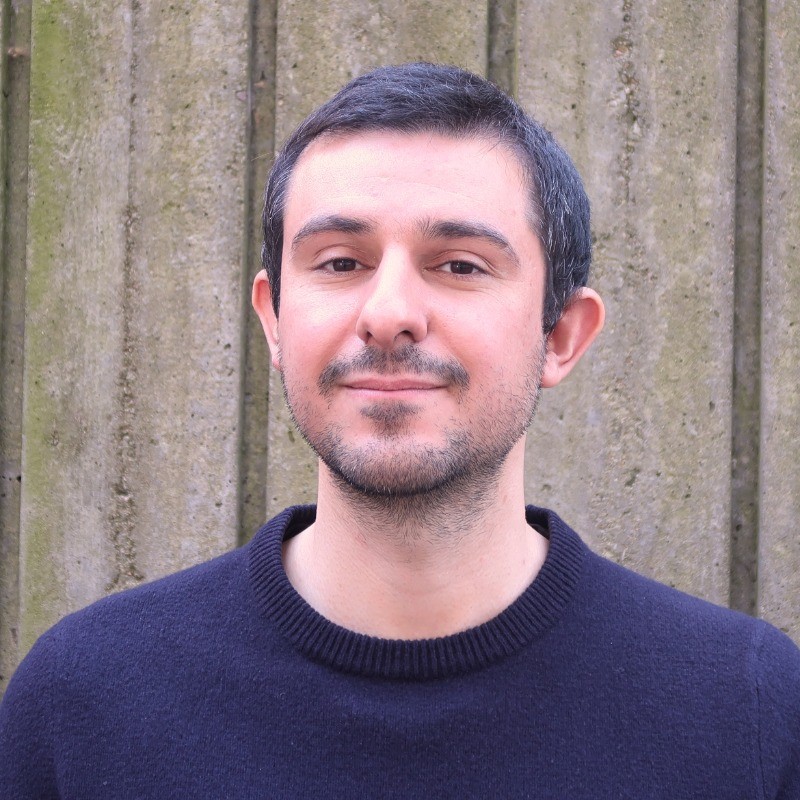
Armin Tavakoli
Assistant professor at Lund University, Sweden, specializing in quantum physics
With a PhD from the University of Geneva and postdoctoral experience at IQOQI Vienna, he has established himself as a prominent researcher in quantum technologies. Tavakoli’s academic journey spans prestigious institutions across Europe, including Stockholm University, where he completed his undergraduate studies, and his international internships in Spain, Poland, and the USA.
His research contributions have garnered over 70 academic publications, earning him several prestigious awards, such as the Swiss Physical Society’s award in General Physics and the Paul Ehrenfest Best Paper Award.
Beyond research, Tavakoli is deeply committed to teaching, currently overseeing a Master’s specialization at Lund University and supervising students at various academic levels. He is also actively involved in science outreach, with appearances at TEDx events and a Science Slam victory at Kulturnatten Lund in 2023.
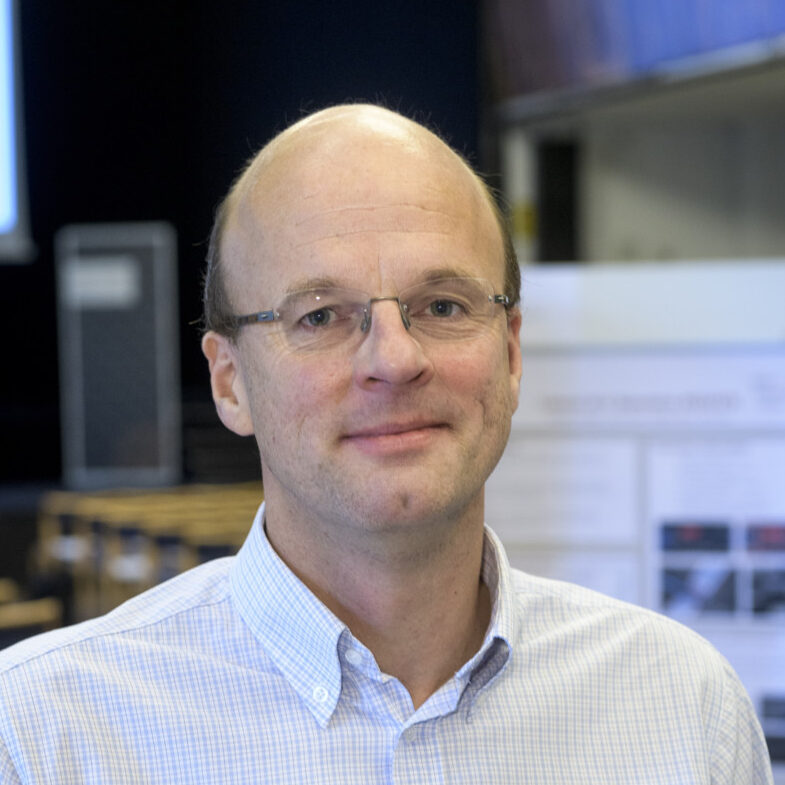
Peter Samuelsson
Professor at Lund University, Director of the Division of Mathematical Physics
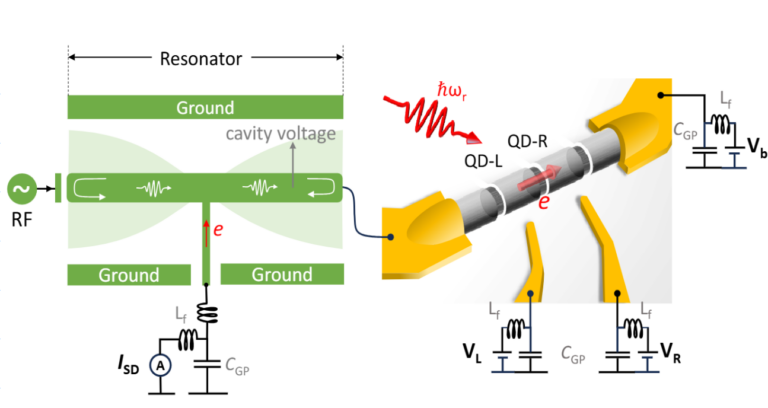
Beyond his research, Professor Samuelsson is a dedicated educator, mentoring students in quantum systems and nanoscale physics. He has authored around 90 scientific publications, collectively receiving more than 3600 citations.
University of Gdańsk
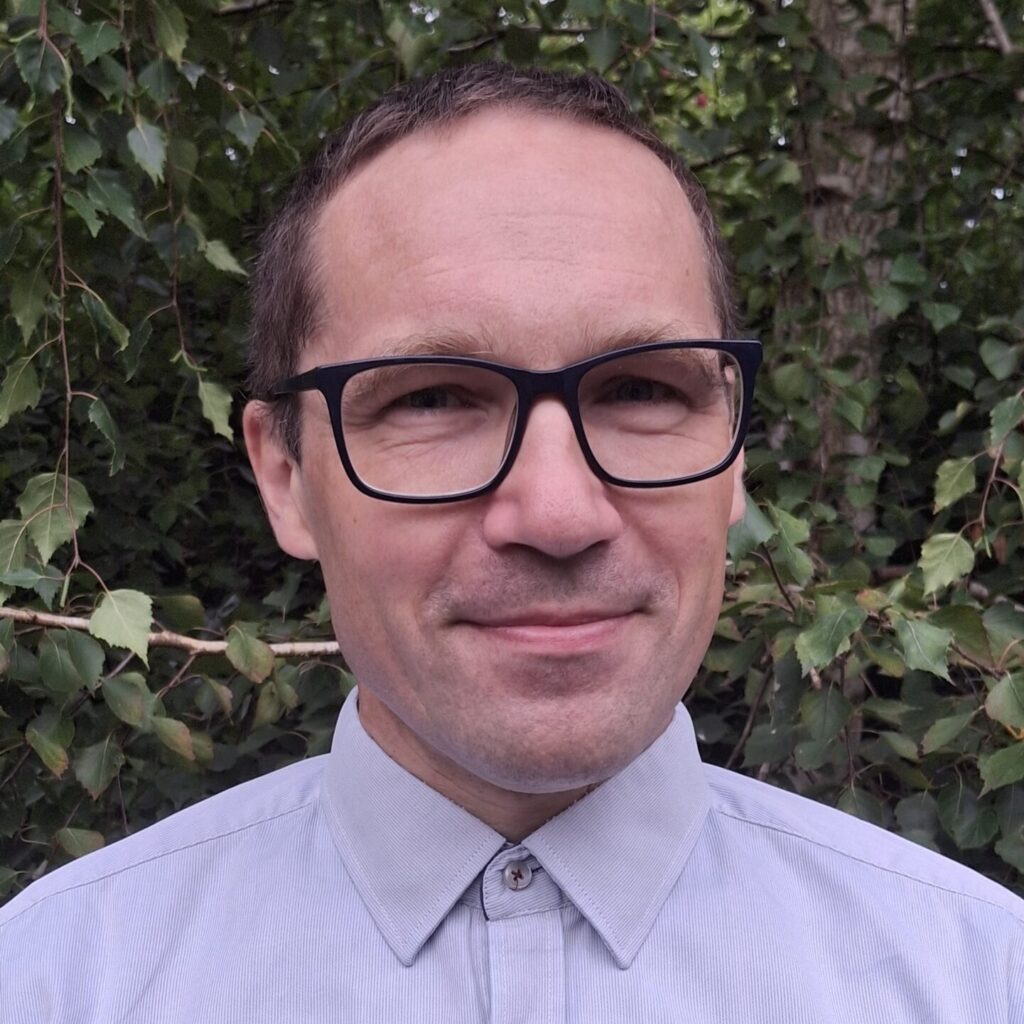
Marek Krośnicki
University professor at the University of Gdańsk, Director of the Institute of Theoretical Physics and Astrophysics
He specializes in quantum chemistry and solid state physics, focusing on the use of computational methods and quantum mechanical models to study the electronic structure and properties, of various molecular systems, including solid state crystals. His research is highly interdisciplinary, combining aspects of chemistry, physics, and computational science to explore complex chemical phenomena at the atomic level. He frequently collaborates with experimental groups working on novel materials. One of his recent collaborations is related to the development of a nuclear clock.
Marek enjoys engaging students in scientific research. He is dedicated to mentoring graduate, undergraduate and PhD students, helping them develop their skills and contribute to scientific projects, fostering a productive and collaborative academic environment.
He was awarded a scholarship from the Foundation for Polish Science and received several academic awards from the Rector of the University of Gdańsk.
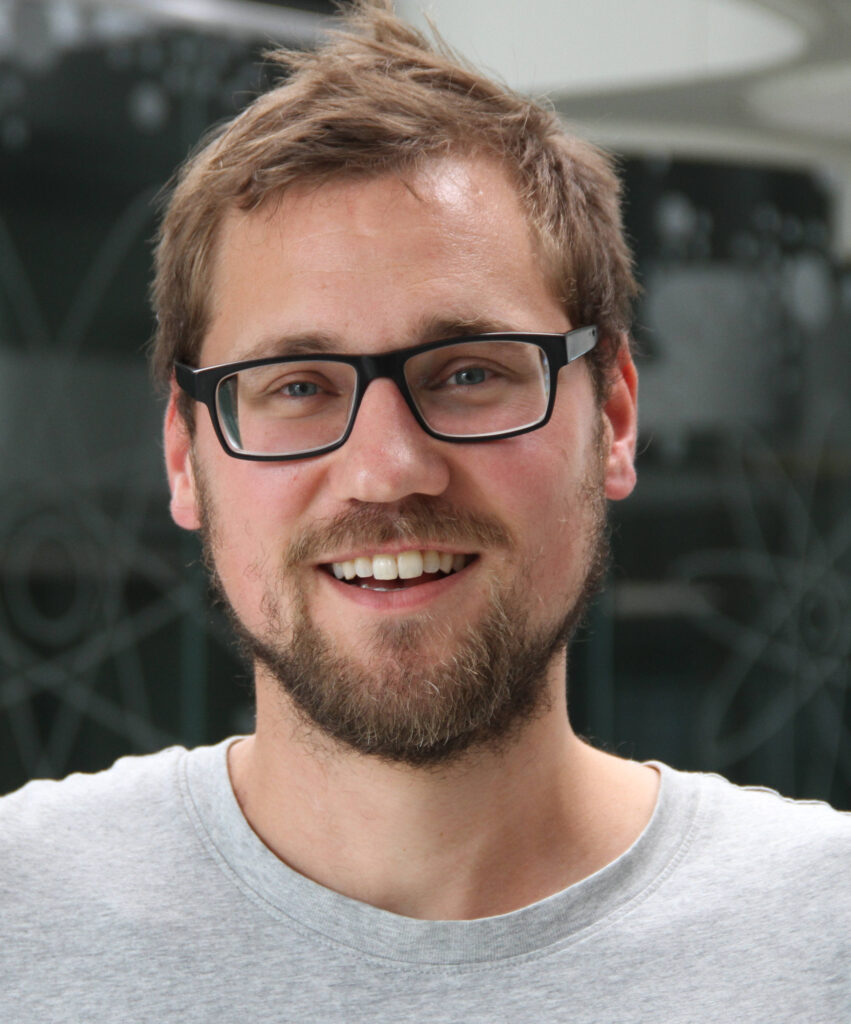
Felix Huber
Adiunkt at the University of Gdańsk
Felix works on the characterization of quantum correlations like entanglement and nonlocality, the theoretical characterization and proposals for the experimental implementation of quantum error correcting codes, and on the use of mathematical optimization in quantum information and computation. He also does a bit of mathematics in the field of non-commutative algebra.
Before joining U. Gdansk, he held a Junior professor chair in quantum algorithms at the University of Bordeaux, and led the quantum error correction team at the Jagiellonian University in Kraków.
Felix Huber is recipient of the 2019 Dissertation Prize by the section AMOP of the German Physical Society.
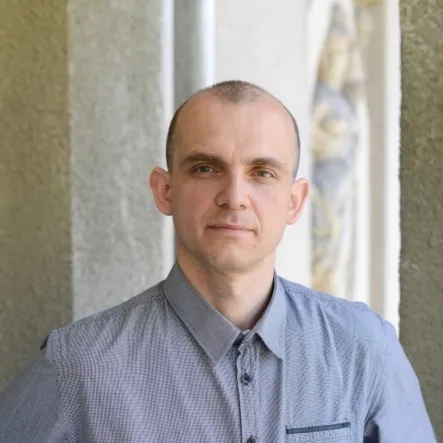
Michał Horodecki
Professor and leader of New Quantum Resources and Quantum Thermodynamics group
He is a renowned physicist specializing in quantum information theory and quantum thermodynamics. He earned his PhD at University of Gdańsk, where he is now a professor and leader of New Quantum Resources and Quantum Thermodynamics group.
As a key figure in the development of quantum information theory, Michał Horodecki has co-authored many pioneering papers that have shaped the field, including significant contributions to the theory of entanglement measures and quantum state distillation, or quantum state merging. In particular he was co-discoverer of so-called bound entanglement, called “black hole of quantum information theory”. Subsequently he turned to quantum thermodynamics. His papers initiated boom in the resource theory of thermodynamics – a branch of science that combines quantum information with the notions of energy and temperature. He also worked on dynamical description of topological quantum computers as open quantum systems.
His work has resulted in over 150 academic publications, and about 40 invited talks. He has received numerous prestigious awards, including the National Science Center Prize and multiple research grants from Poland as well as European Union.